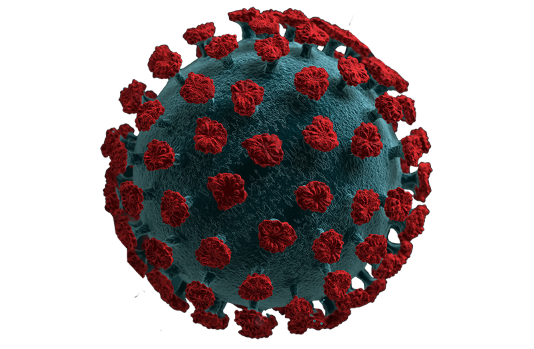
Though antiretroviral therapy has made HIV a manageable disease, people living with HIV often suffer from chronic inflammation, putting them at an increased risk of developing comorbidities such as cardiovascular disease and neurocognitive dysfunction, impacting the longevity and quality of their lives.
A new study in Cell Reports, by researchers from the George Washington University (GW) School of Medicine and Health Sciences (SMHS), offers an explanation why chronic inflammation may be happening and how suppression, or even eradication, of HIV in the body may not resolve it.
According to Michael Bukrinsky, MD, PhD, professor of microbiology, immunology, and tropical medicine at GW SMHS, the lead author on the study, HIV protein permanently alters immune cells in a way that causes them to overreact to other pathogens. When the protein is introduced to immune cells, genes in those cells associated with inflammation turn on, or become expressed, and remain expressed, even when the HIV protein is no longer in the cells. This “immunologic memory” of the original HIV infection is why people living with HIV are susceptible to prolonged inflammation, putting them at greater risk for developing cardiovascular disease and other comorbidities.
“This research highlights the importance of physicians and patients recognizing that suppressing or even eliminating HIV does not eliminate the risk of these dangerous comorbidities,” said Bukrinsky. “Patients and their doctors should still discuss ways to reduce inflammation and researchers should continue pursuing potential therapeutic targets that can reduce inflammation and co-morbidities in HIV infected patients.”
According to Bukrinsky, the findings in this study could help explain why certain comorbidities persist following other viral infections, including COVID-19.
“We’ve seen this pro-inflammatory immunologic memory reported with other pathogenic agents and often referred to as ‘trained immunity,’” Bukrinsky explained. “While this ‘trained immunity’ evolved as a beneficial immune process to protect against new infections, in certain cases it may lead to pathological outcomes. The ultimate effect depends on the length of this memory, and extended memory may underlie long-lived inflammatory conditions like we see in HIV infection or long COVID.”



